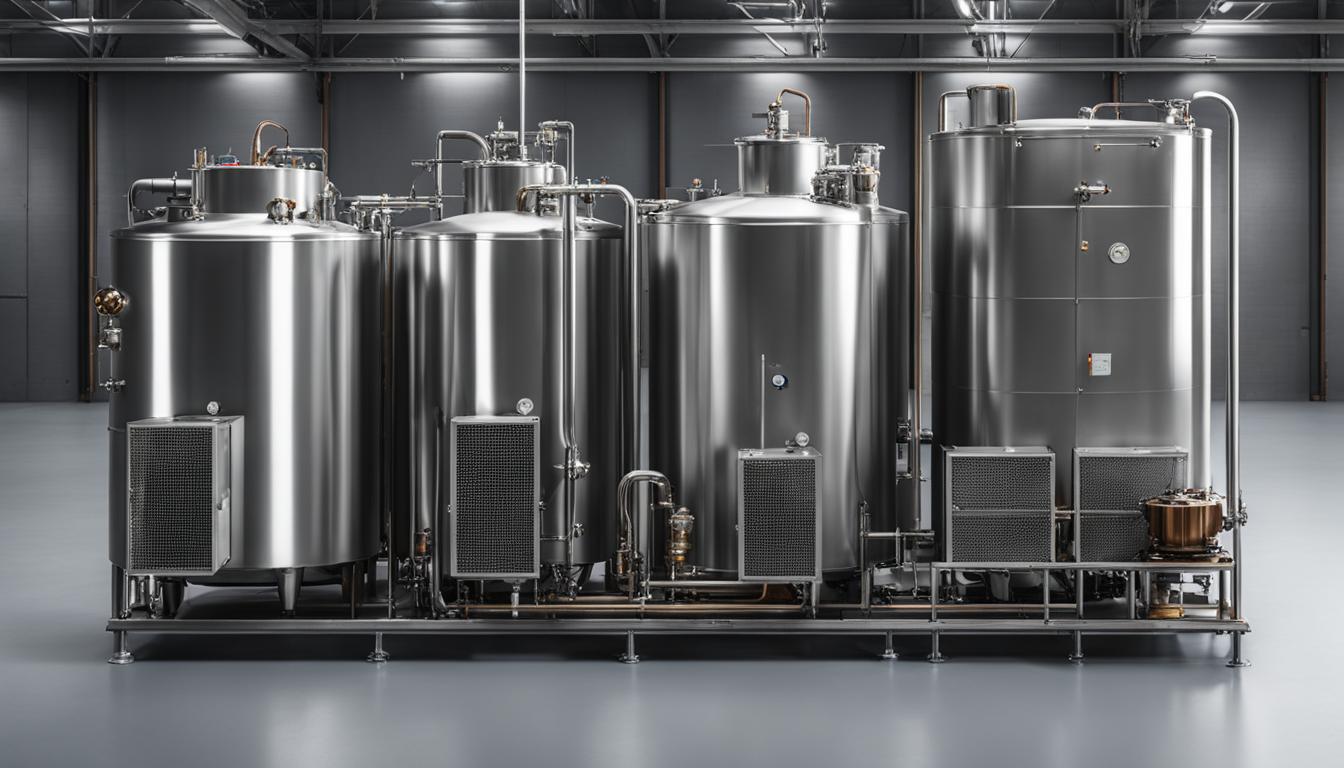Choosing an industrial evaporator is a crucial decision that can significantly impact the efficiency and performance of a manufacturing process. Industrial evaporators play an essential role in various processes, concentrating products and removing water or other solvents from mixtures. With a wide range of designs and functionalities available, understanding how these systems work and what factors should guide your selection is essential. In this article, we will explore the key aspects of industrial evaporators and provide insights to help you make an informed decision for your facility.
The Role of Industrial Evaporators
Industrial evaporators are specialized equipment used to separate solvents from a solution through evaporation, resulting in either concentrated solutes or recovered solvents. The application of heat via various methods transforms the solvent into vapor, leaving behind a more concentrated solution. This process is crucial in industries ranging from pharmaceuticals to food processing, where product consistency and purity are essential.
The technology behind an industrial evaporator can be complex, incorporating pressure controls, heat exchangers, and vapor separators to achieve the desired final product. Efficient design and operation are critical for minimizing energy consumption and maximizing output. When selecting an evaporator, manufacturers must carefully balance operating costs and equipment effectiveness.
Potential buyers should stay updated on the latest evaporador industrial advancements in this field, as technological improvements can offer greater efficiency, improved automation, and enhanced safety features, all of which can influence an evaporator’s suitability for a specific environment.
Types of Industrial Evaporators and Their Applications
Different types of industrial evaporators cater to various processing needs. Falling-film, rising-film, and forced-circulation evaporators each offer unique advantages depending on the viscosity, boiling point, and thermal sensitivity of the materials being processed. Matching the type of evaporator to the specific needs of your application is essential for ensuring optimal performance.
Falling-film evaporators, for instance, are ideal for heat-sensitive products, as the liquid film moves quickly, minimizing heat exposure. On the other hand, forced-circulation evaporators are better suited for viscous products or those prone to fouling, as they maintain a high flow rate to prevent sediment buildup.
Multi-effect and vapor-compression evaporators provide greater efficiency in operations where energy conservation is crucial. These systems recycle thermal energy, thereby reducing total energy demand. Such features not only save costs but also demonstrate a commitment to sustainable industrial practices.
Key Features and Innovations in Evaporator Design
Advancements in evaporator design continue to improve performance and energy efficiency. Features like enhanced heat transfer surfaces, automated cleaning systems, and sophisticated controls can significantly impact an evaporator’s operational efficiency. A well-designed system will require less energy, reduce downtime, and deliver consistent product quality.
Automation is increasingly common in modern evaporators, enabling precise control and monitoring of the evaporation process. This level of control minimizes human error and yields more uniform results. Additionally, data logging capabilities allow facilities to track performance over time and make data-driven decisions to improve the process.
The materials used in construction also play a critical role in the durability and effectiveness of an evaporator. Corrosion-resistant materials, such as high-quality stainless steel or alloys, can extend the equipment’s life and prevent contamination. Additionally, integrating heat recovery systems can yield substantial energy savings, making it an important feature to consider.
Cost and Energy Efficiency Considerations in Evaporator Selection
Cost is invariably a decisive factor in purchasing any industrial equipment. While initial investment is an obvious concern, evaluating the total cost of ownership (TCO), including maintenance, operational, and energy expenses, provides a more comprehensive view of the evaporator’s financial impact. Energy-efficient designs, although potentially more expensive upfront, can offer long-term savings.
Operating costs, such as electricity, cooling water, and steam, play a significant role in an evaporator’s overall profitability. Selecting a system designed with energy efficiency in mind can mitigate these recurring costs. Furthermore, some regions may offer incentives for adopting energy-efficient technologies, providing additional financial advantages.
In summary, selecting an industrial evaporator is a multifaceted decision that depends on numerous technical, financial, and operational factors. By considering the needs of your facility, the nature of your process, and the long-term implications of your choice, you will ensure the selection of an evaporator that enhances efficiency and contributes to the success of your operations.
